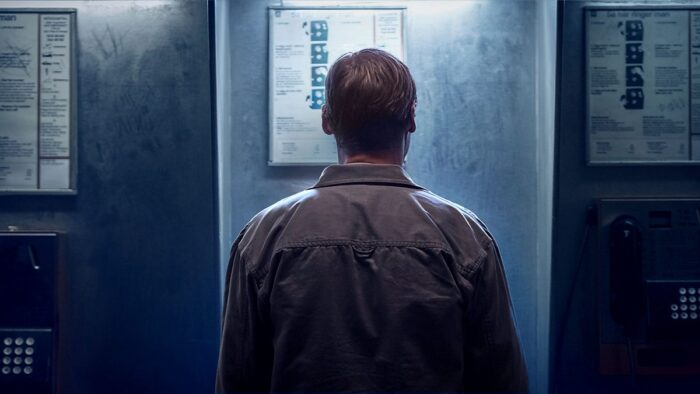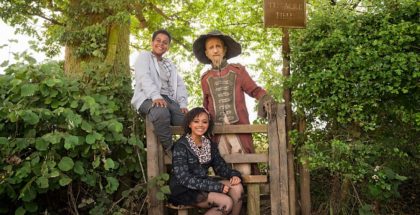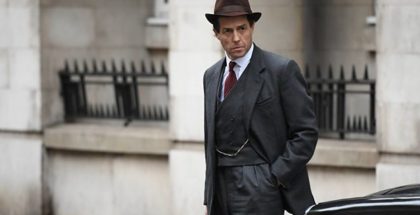True Crime Tuesdays: The Hunt for a Killer
Review Overview
True Scandi noir
9Performances
10Understatement
10Helen Archer | On 14, Sep 2021
BBC Four on a Saturday night has long since been the home for crime dramas featuring merciless killers, flawed detectives and cosy jumpers. The Nordic noir genre proved to be catnip for UK audiences when it first started broadcasting a decade ago. That Saturday night slot is also currently the home of The Hunt for a Killer, which does for the true crime dramatisation what Sofie Gråbøl et al did for its fictional counterpart.
The six-part series follows the BBC Two series The Investigation, which starred such Scandi royalty as Søren Malling and Pilou Asbæk, and focused on the search for the remains of journalist Kim Wall, who was murdered in a submarine in a crime that shocked Denmark. Unlike that true crime drama, though – and, indeed, unlike so many true crime dramas and documentaries – The Hunt for a Killer looks at a murder that, while it gripped Sweden for 15 years, is doubtless fairly unknown to UK viewers. Most of us won’t know who the killer is, or indeed if he was ever caught. The series uses this lack of familiarity to its advantage, introducing other, similar murders that may or may not be connected to the original one. And, as with our unfamiliarity with the crime, the programme utilises unsung actors, so there are no famous faces to distract the viewer and no hints as to who will become an important character as the investigation goes on. As in life, the victims, the suspects and the cops are ordinary people, sucked into a nightmare.
The opening episode details the killing of 10-year-old Helén Nilsson, who disappeared from her home town of Hörby, Sweden, in 1989. The credits inform us: “Dialogue and events have been dramatised to reflect the police investigations and the sentiments surrounding the cases. They are not exact recreations, but inspired by interviews and case files. Some names have been changed.” Two names that haven’t been changed are the lead detectives, Per-Åke “Pelle” Åkesson (Anders Beckman) and Monica Olhed (Lotten Roos), who would spend the next 15 years searching for Helén’s murderer. It takes them on a tour of some of the darkest corners of Swedish society. As new victims – children, young women, and the elderly – are found dead in their homes, in forests or on remote country roads, all killed in a brutal manner, the police must investigate whether these terrifyingly similar crimes have the same perpetrator.
It’s all filmed in a pared-down, understated grey palette, an instantly recognisable VHS aesthetic of the time, and takes on the damaging petty bureaucracy of the police and the failings of social services. There is a methodical mundanity about the investigations, and the interrogations, and a complete lack of sensationalism. While being police-focused rather than victim-focused, the mute desperation of the families of the dead is effectively conveyed through short shots of them sitting in police waiting rooms or receiving updates from the police over cups of tea in quietly devastated households. Predators, meanwhile, lurk on every corner, in local shops on otherwise normal Sunday afternoons or alone in pubs, nursing pints while waiting for women to leave on their own.
Traditionally, true crime dramatisations are a tricky thing to pull off. Horrifying crimes are generally best served by no-nonsense documentaries, where dramatic arcs are relinquished in favour of cold, hard facts. The urge to turn the true into the spectacular often proves to be too much for many writers and directors, who create subplots involving police or victims’ private lives. All of that is jettisoned here, allowing the story to tell itself, completely unembellished. Once again, it seems, Scandinavia leads the way, demonstrating just how the true crime drama could – and, perhaps, should – be done.
The Hunt for a Killer is available on BBC iPlayer until September 2022






















